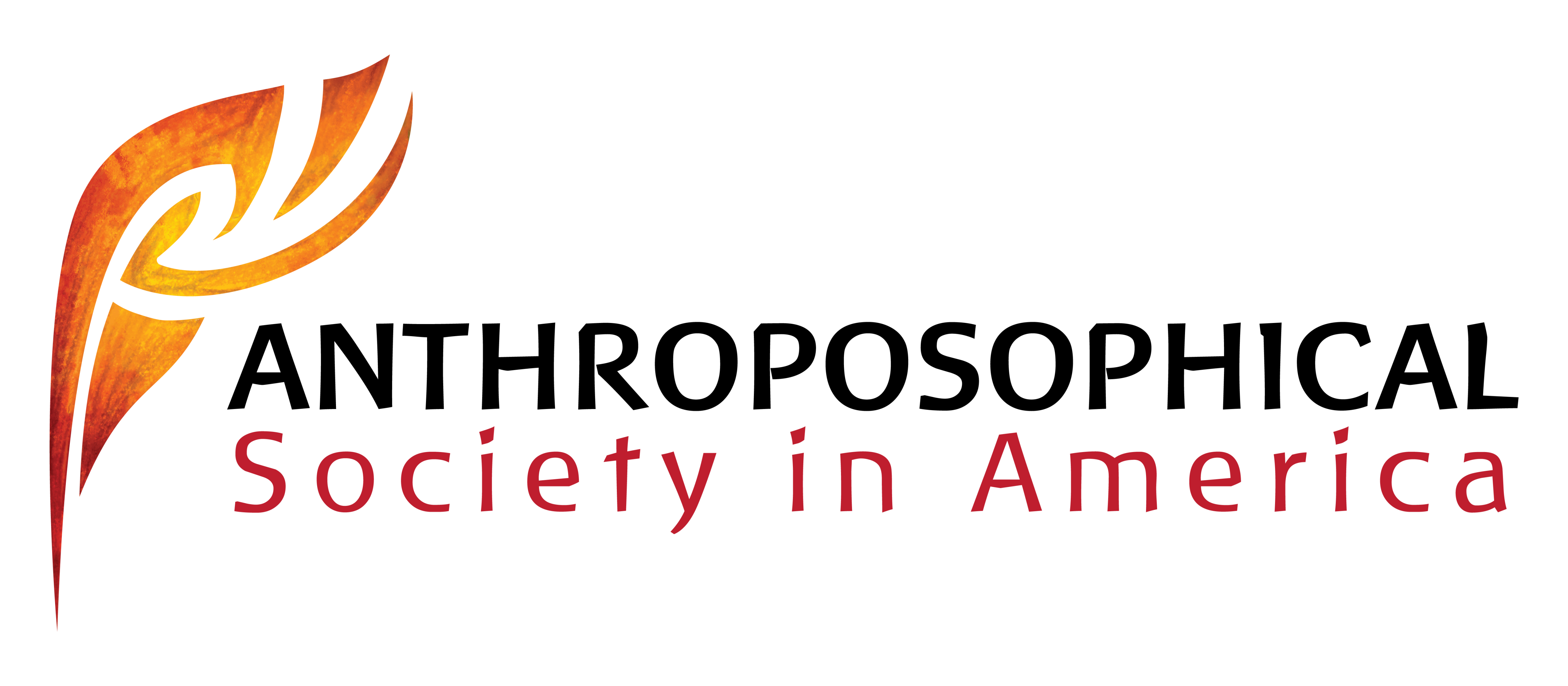Quality through Biodynamics: Perceive, Experience, Develop
Feb 02, 2022—Feb 05, 2022
Location
ONLINE
Cost Click on the
Event Contact Section for Agriculture, Goetheanum | Email
Categories Biodynamic Agriculture, Conference, ONLINE
THE AGRICULTURE CONFERENCE GOES ONLINE! Organized by the Section for Agriculture, Goetheanum.
“The important thing is, when these products get to us, that they should be beneficial for our life. You may cultivate some fruit of field or orchard in its appearance absolutely splendid, and yet, when it comes to us it may only fill our stomachs without organically furthering our inner life.” (Rudolf Steiner, 12.06.1924, GA 327)
The subject of QUALITY has been an important matter for the biodynamic movement since its inception. There is a steady increase in the amount of land farmed biodynamically, specialised farms are in the process of conversion, and biodynamic products are popular with the public and in demand on the market. Besides the quantity of a product, its quality is always important: after all, food and drink should taste good and benefit our health. But what exactly is biodynamic quality? How is it produced during cultivation and how is it developed or possibly even improved by processing? What is the situation with the trade in biodynamic products and goods, and who has access to these products? What significance does this have for human development, including from a soul and spiritual angle? The upcoming Agricultural Conference is devoted to this complex topic.
Biodynamic quality goes beyond the constituents and external appearance, because a product also reflects its developmental process. How can we perceive and indeed research the different levels of quality (physical properties, vitality, palatability, identity, etc.)? Are we able to develop a culture of sense perception so that everyone can discover the special biodynamic quality for themselves? How can we develop the cultivation, processing and preparation of the products in order to bring about a new quality? These questions will be addressed and worked on in depth during the conference in lectures, workshops, forums and working groups, enabling each participant to acquire new knowledge, insights and ideas for their work.
With Joke Bloksma, Olivier Clisson, Romana Echensperger, Maike Ehrlichmann, Jean-Michel Florin, Agata Glazar, Thomas Hardmuth, Craig Holdrege, Ueli Hurter, Georg Meissner, Arizona Muse, Jasmin Peschke, Carlo Petrini and others.
